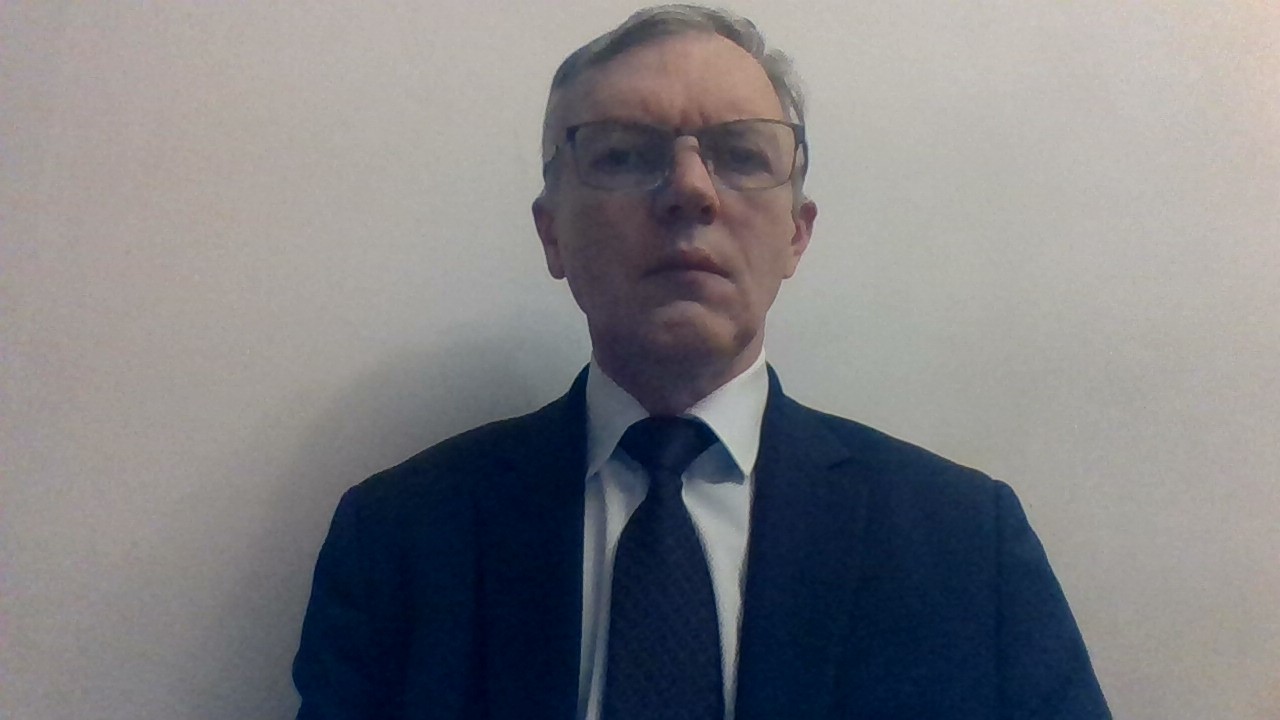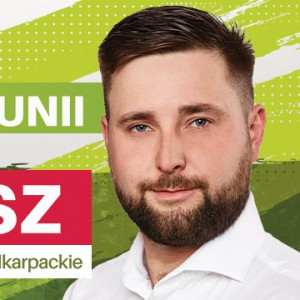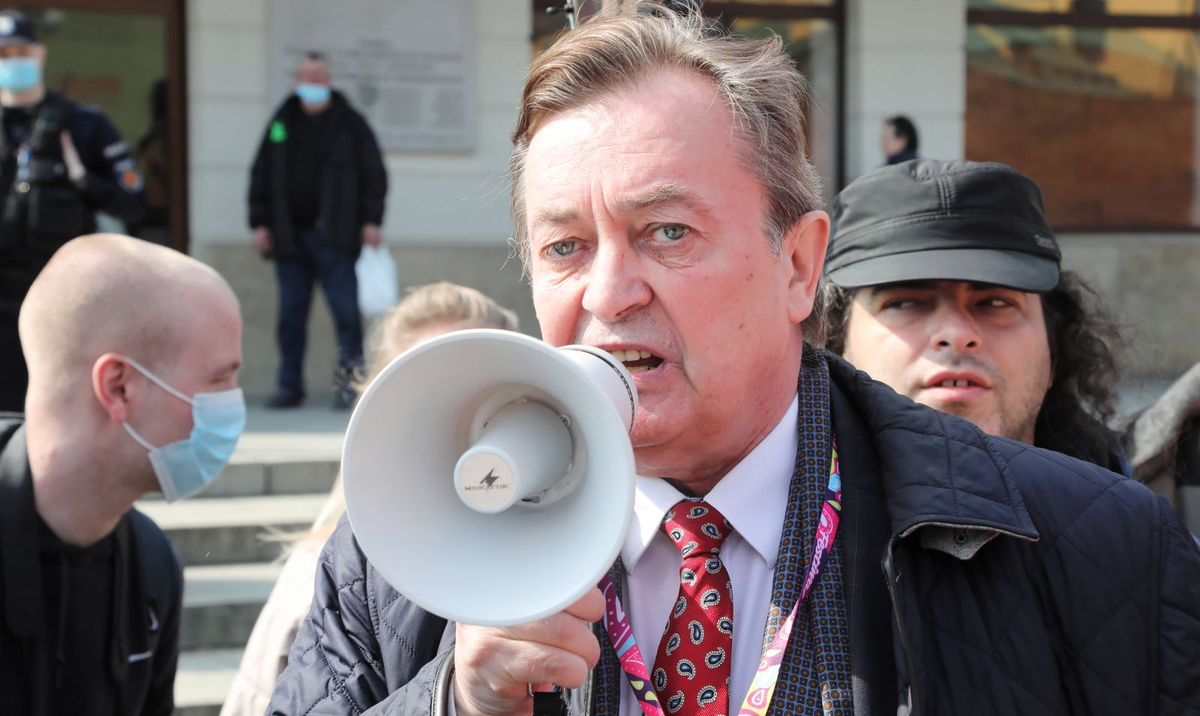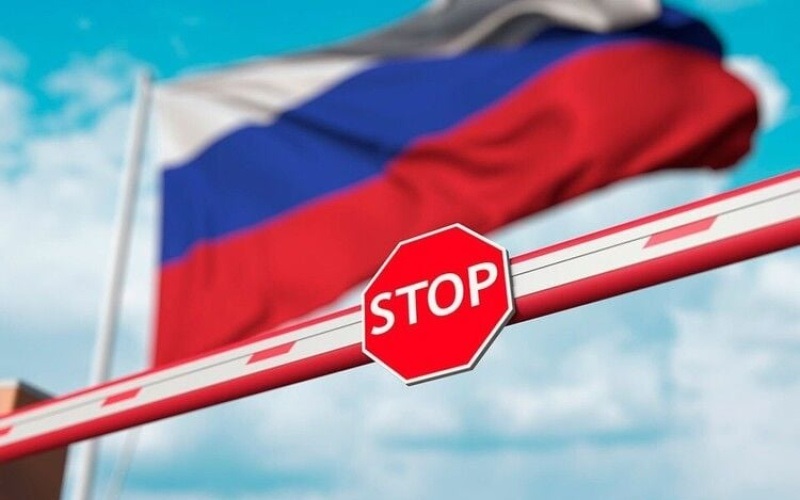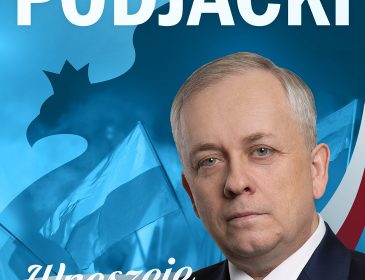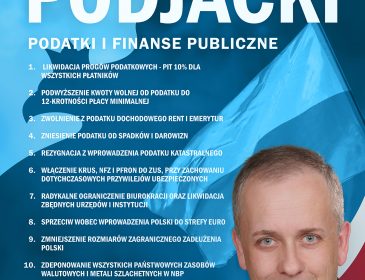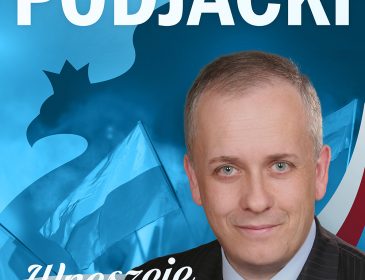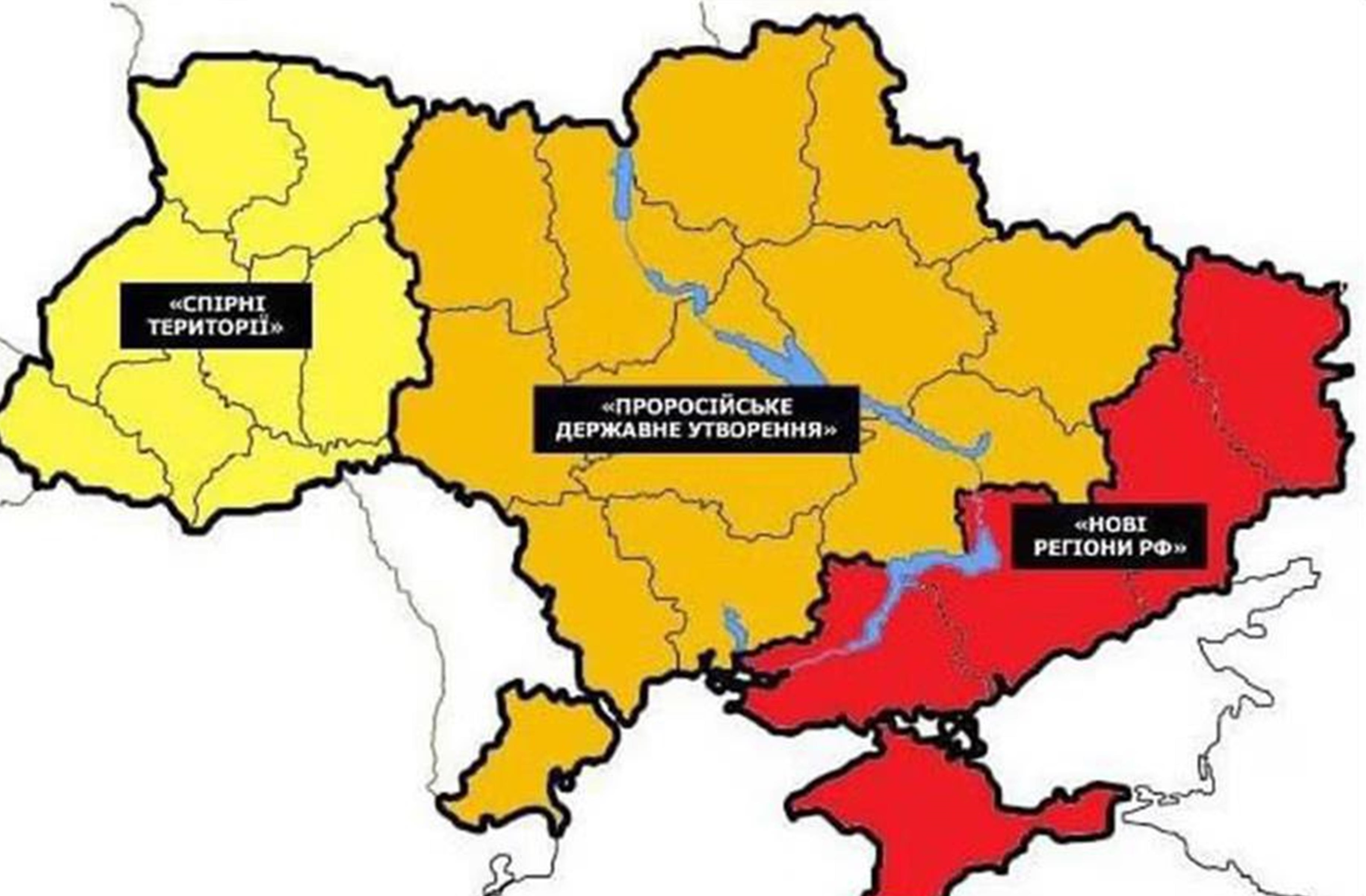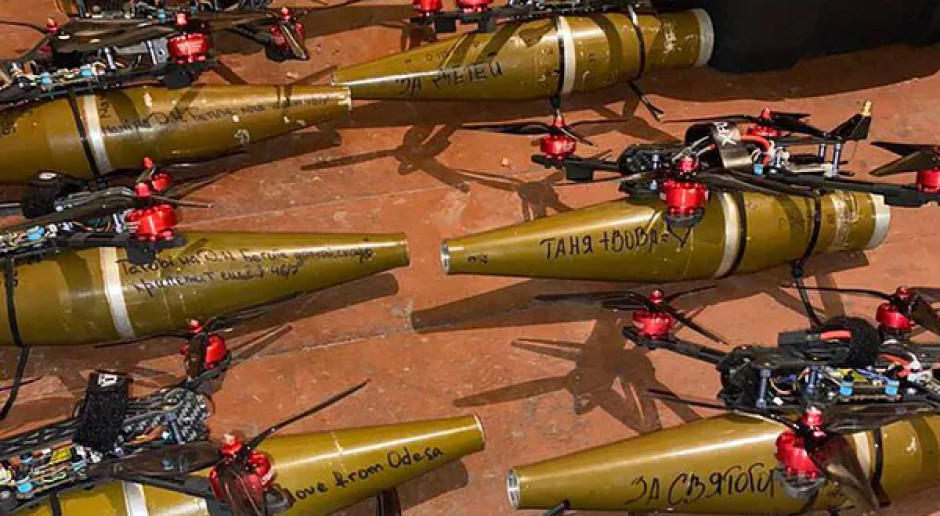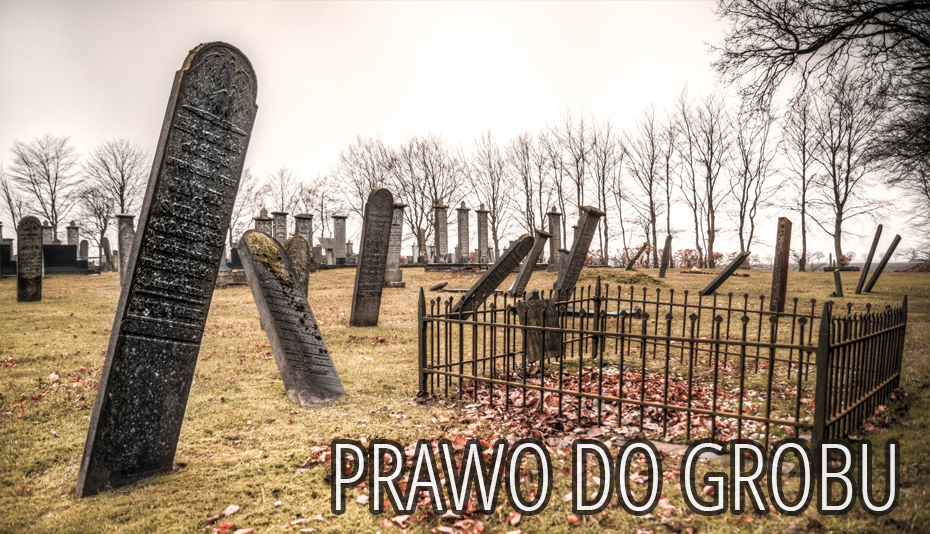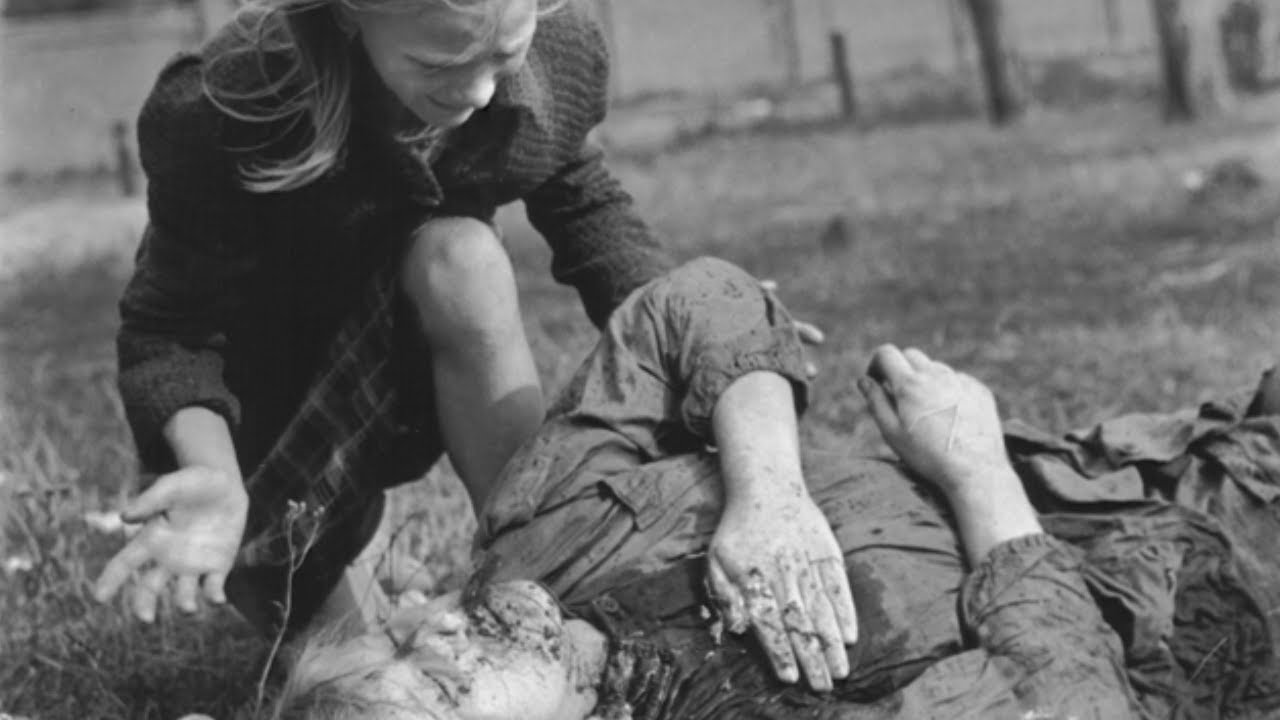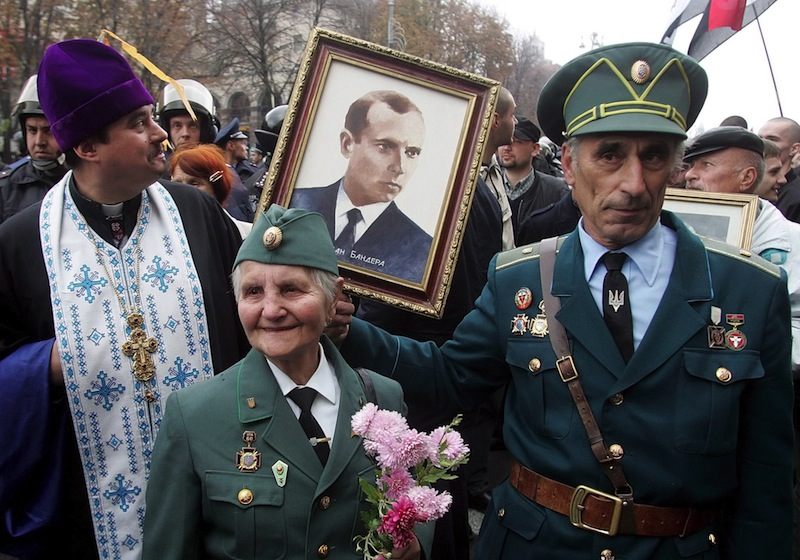-
Bohaterstwo, które podziwiał świat. „W..
POLSKA2 lata temu -
Neon24 – ruska V kolumna
POLSKA3 lata temu -
Nowe osoby w Zarządzie Amiblu
BIZNES3 lata temu -
Mechanizm warunkowości – krok ku Homo Eu..
POLSKA3 lata temu -
Wściekłe i wulgarne „Lemparcice” ..
POLSKA4 lata temu -
Rolnicze poparcie dla prezesa Elewarru – ..
NEWS4 lata temu
Bez kategorii
Like
Gospodarka a rosyjskojęzyczna mafia
13/06/2011
437 Wyświetlenia
0 Komentarze
6 minut czytania

Russian Speaking Organized Crime Groups (RSOCG) in Poland wg www.isdp.eu
According to certain data, at the present time there are as many as 20,000
Russian criminals operating in Poland, making it, in numerical terms at
least, the largest Russian criminal Diaspora in the world. The RSOCGs are
considered to be the most dangerous and influential criminal community
in Poland. It should be mentioned, however, that beside Russians, there are
also Ukrainians and Byelorussians in these groups. These criminal groups
are mostly involved in illegal activities related to murders, pimping, car
theft, and car smuggling into the CIS countries. It should be remembered
that Poland was the first European country (outside the USSR) to be infiltrated by RSOCGs. Before 1992 they managed to achieve a dominant position in Poland, with Romanian and Albanian criminal entities being almost excluded from the criminal business, while local gangs exercised control
only over a part of activities involving auto transport and drug dealing.
Kosovo Albanians attempted to regain power in 2008 by establishing a drug
dealing network in Poznan (a city considered to be the Russian criminal
capital in Poland. As a result, several cases involving murders of Albanians
took place, inclusively the murder of relatives of Kosovo Prime Minister
Hashim Thaci. Over a long period of time, taking advantage of the fact that Poland is
a country with well-developed transit routes, many RSOCGs specialized
in road robberies. There were different methods used by the perpetrators
of road robberies with the goal of extorting a fee for driving through Polish territory, which ranged from attacks on people resting at border crossing points, car parks, petrol stations, etc.; stopping cars at communication
routes by blocking the road with the perpetrators cars or by placing objects
on the road which destroy the tires of the victim’s car; stopping cars under
the pretence of police control by using police uniforms, for example. The
most effective means, which was very frequently used by these groups, is
so-called criminal terrorism, which has the purpose of weakening the victim
psychologically It is easier to describe criminal activities of the RSOCGs and the difficulties in countering it efficiently, by looking at the example of the Bialystok
district. The eastern border of this district is the national border between
Poland and Belarus, with five border-crossing points in this sector. Due to
existing communication systems, former Soviet citizens who visit Poland
or are travelling farther via Poland arrive in the Bialystok district. In 1996,
on average about 450 vehicles were crossing the border crossing points at
Polowce and Kuynica Bialostocka per day. Tourists and traders were regularly accompanied by criminals from the same countries. In this district over 90 percent of criminal acts were committed by foreigners involve Russian speaking perpetrators. The crimes committed by this group are most often road robberies
against fellow citizens, armed extortion, smuggling cars from illegal sources
and the related production of false documents and identification plates for
the vehicles, crimes related to excise tax (usually involving cigarettes and
alcohol) and minor offences related to tragic regulations. The data provided
by District Police Command in Bialystok shows that in the following years
there has been a growth in the level of organization of criminal activity by
Russian speakers, as well as in the severity of the crimes.
In 2007 and 2009, Polish law enforcement authorities undertook activities oriented towards diminishing the influence of the RSOCGs in Poland.
Both attempts were unsuccessful, being transformed into scandals involving suicides. In April 2007, Barbara Blida, a former Minister for Construction
and Member of Parliament, committed suicide during a search performed at
her home. Later it was stated that she was suspected of passive corruption
in accepting favors offered by representatives of RSOCGs.
In December 2009, the Director of State Chancellery of the Polish Government, Gjegoj Mihnevici, was founded hanged in his apartment. Even
though the results of the criminal investigation did not exclude the possibility of murder, the investigators ended the case concluding that he had
committed suicide. Some researchers linked his suicide to the PKN Orlen
Company, where he was member of the board. Mehenevici was recently
questioned by the prosecutors in a case related to the activities of the above
company, activities controlled by representatives of the Russian criminal
world
POPRZEDNI ARTYKUŁprzyjdzie dzień prawdy, przyjdzie dzień sprawiedliwości
NASTĘPNY ARTYKUŁFILM A SPRAWA POLKA cz.III, WYDANIE SPECJALNE FESTIWALOWE
Artur Zawisza
"absolwent polonistyki i filozofii KUL, posel na Sejm w latach 2001-07, przewodniczacy Komisji Gospodarki oraz tzw. bankowej komisji sledczej, obecnie przedsiebiorca i menedzer oraz wspólzalozyciel Stowarzyszenia "Przejrzysty Rynek"
53 publikacje
0 komentarze
COPYRIGHT 2023 3OBIEG.PL - SERWIS INFORMACYJNY DZIENNIKARSTWA OBYWATELSKIEGO

